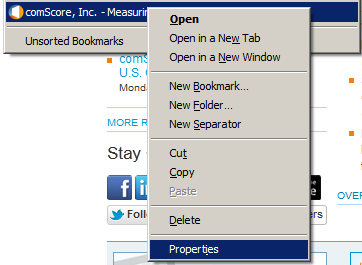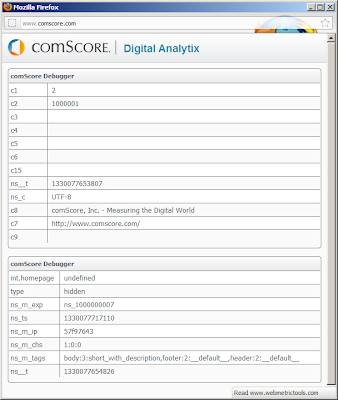- Mobile/Tablets are replacing the way we interact on internet. Tablets are taking the experience of browsing at home from desk to a couch or dining table.
- Screen sizes and ways to intereact with smart phones and tables are very much different than traditional desktop.
- Websites can be upgraded when needed but there is no guarantee that the user will upgrade the app even after you push an update to the store.
- Monetizing the ads in websites was easy as the publisher chose where to place the ads. In mobile apps the ad placement have little or no control on where to place ads. Gaming the users in such a way that they think that there is enough incentive to watch an ad is the best way to make sure the ad was delivered right.
- With mobile apps now the publishers get complete access to the location profile of the user and thus making ads more valuable if done correctly.
- Functionally the apps have much more control on the device when compared to a browser running on the machine. When was the last time Apple checked that you programmed a website correctly for Safari? but they like to check each app and update for an app in the app store.
Also there is no business without a customer. So to establish the opportunity I would like to point you to a wonderful experiment that ft.com is doing at Grand Central Station: FT.com Mobile Story
Also check out this conversation. Really good example of how mobile analytics is different:Expedia Story of Mobile App Analytic







